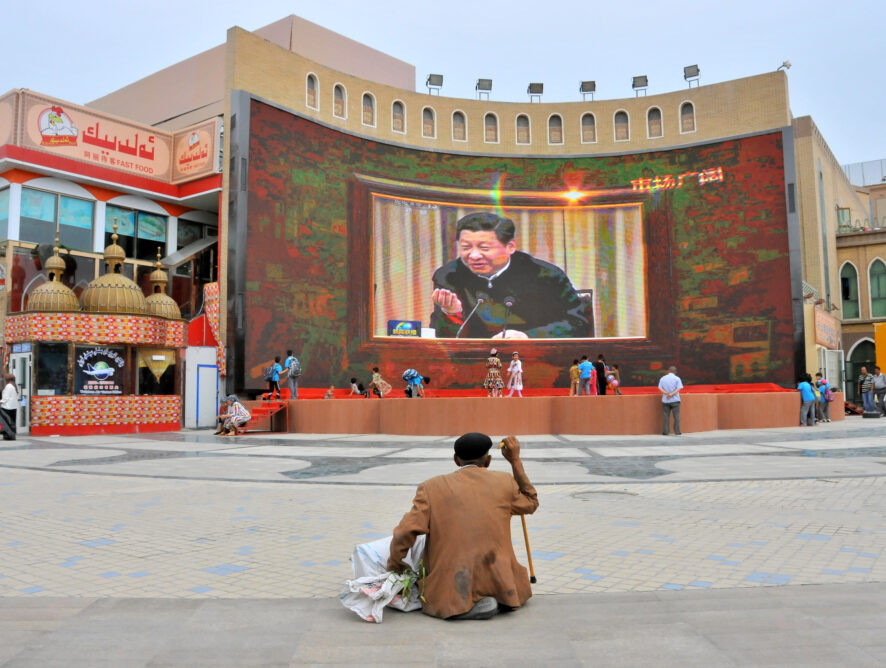How to overcome diversity and create homogeneity – the CCP’s current minority policies in historical and international perspectives
Susanne Weigelin-Schwiedrzik
University of Vienna
July 12th, 2022
Susanne Weigelin-Schwiedrzik will discuss what we observe in Xinjiang, Tibet and Mongolia as current minority policies of the CCP by relating to on-going academic debates in the PRC and the repertoires of historical as well as international experiences they draw onto. She argues that the experience of the dissolution of the Soviet Union provoked a re-assessment of minority policies pursued since 1978 under Deng Xiaoping. While Xi Jinping propagates the idea that economic development is not enough to prevent minorities from going against the Han majority academics are still discussing intensively to which degree the creation of a homogeneous nation state is feasible and possible in a multi-ethnic setting. This discussion can be traced back to the Qing dynasty and went through several rounds of re-defining minority policies during the period between 1911 and 1949. However, never before in history have rulers in China dared to impose homogeneity by coercion. Xi Jinping is the first ruler to allow for this to happen.
Image: Michael Wong, DSC_9775rev, besides Etigar Mosque 艾提尕爾清真寺旁, Kashgar 喀什, XinJiang 新疆, China 中國. https://flic.kr/p/vSFyVN Attribution-NonCommercial 2.0 Generic (CC BY-NC 2.0)

